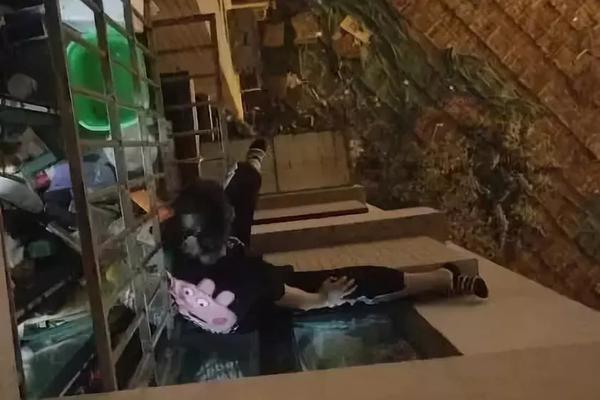【】
Bill Gates just donated a piece of his fortune to advance the fight against Alzheimer's disease.
The philanthropist and Microsoft founder announced in a blog post Monday that he will give $50 million to the Dementia Discovery Fund, a public-private partnership that invests in innovative dementia research. Gates will also donate another $50 million in startups working in Alzheimer’s research.
SEE ALSO:Salesforce launches $50 million initiative to fuel social impact startupsThrough the Bill and Melinda Gates Foundation, Gates has a long track record of supporting research to eradicate diseases like malaria and polio. But Alzheimer's disease, which is the most common form of dementia that progressively affects memory and other brain functions, is the first noncommunicable disease he's fighting.
The $100 million is his own investment, not his foundation's. That's, in part, because it's personal.
"This is something I know a lot about, because men in my family have suffered from Alzheimer's."
"It's a terrible disease that devastates both those who have it and their loved ones," Gates wrote in his blog post. "This is something I know a lot about, because men in my family have suffered from Alzheimer's. I know how awful it is to watch people you love struggle as the disease robs them of their mental capacity, and there is nothing you can do about it. It feels a lot like you’re experiencing a gradual death of the person that you knew."
Alzheimer's disease is the sixth-leading cause of death in the United States, according to the Alzheimer's Association. An estimated 5.5 million Americans live with Alzheimer's, and someone new develops the disease every 66 seconds. People of all ages are affected, but 1 in 3 seniors dies with Alzheimer's or another form of dementia.
Gates said he spent the last year learning everything he could about Alzheimer's disease, speaking with researchers, academics, and other industry experts. Those conversations led him to focus on five areas: understanding how the disease unfolds, figuring out how to detect it earlier, funding more innovative and lesser-known drug trials, making it easier for people to enroll in clinical trials, and using data to inform better approaches.
Gates' investment in the Dementia Discovery Fund will help support startups as it explores "less mainstream approaches to treating dementia," he explained.
"The first Alzheimer's treatments might not come to fruition for another decade or more, and they will be very expensive at first. Once that day comes, our foundation might look at how we can expand access in poor countries," Gates wrote, explaining how he might look at the issue beyond his personal investment in the future.
The announcement is timely, coinciding with National Alzheimer's Disease Awareness Month in November. The goal of the month is to increase awareness and drive home the fact that as many as 16 million people could live with Alzheimer's disease by the year 2050.
"People should be able to enjoy their later years — and we need a breakthrough in Alzheimer's to fulfill that," Gates said. "I'm excited to join the fight and can't wait to see what happens next."
Featured Video For You
Hand-powered centrifuge costs only 20 cents, can diagnose diseases
TopicsActivismHealthSocial Good
相关文章

This chart shows just how high Simone Biles can jump
American gymnast Simone Biles has dominated the Rio Olympics with five medals (four of them gold) bu2025-04-23
Wordle today: Here's the answer and hints for September 5
Can't get enough of Wordle? Try Mashable's free version nowGimme a beat, it's time for Wordle#808! W2025-04-23
Apple admits there's an iPhone 15 setup bug. Here's how to fix it.
It's finally here. The new Apple iPhone 15 has officially hit stores. But there's already a big prob2025-04-23
Best Garmin deal: Garmin epix smartwatch on sale for $200 off
SAVE $200: As of September 15, the Garmin epix (Gen 2)GPS smartwatch is on sale for $699.99, down fr2025-04-23
Tesla's rumored P100D could make Ludicrous mode even more Ludicrous
A Tesla Model S P100D begs the question: What's more Ludicrous than Ludicrous?Right now, the biggest2025-04-23
'The Idol' cancelled at HBO after one season and a weak end
Today in "Oh no! Anyway," HBO's raunch-cringe music-industry drama The Idolwill not be returning for2025-04-23

最新评论